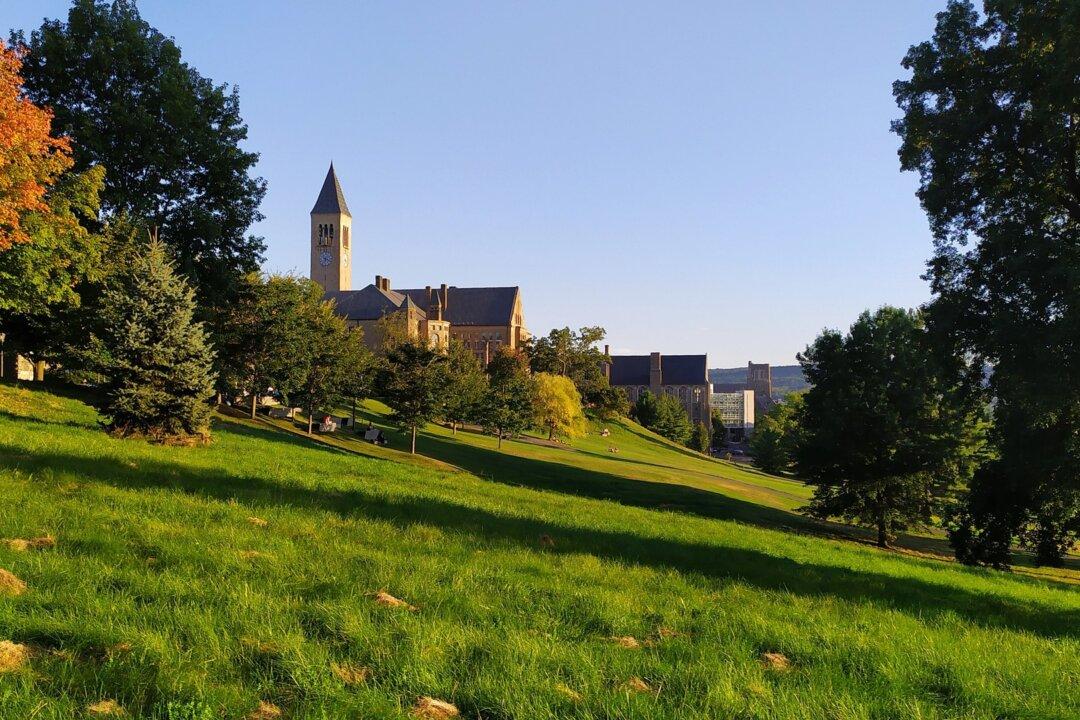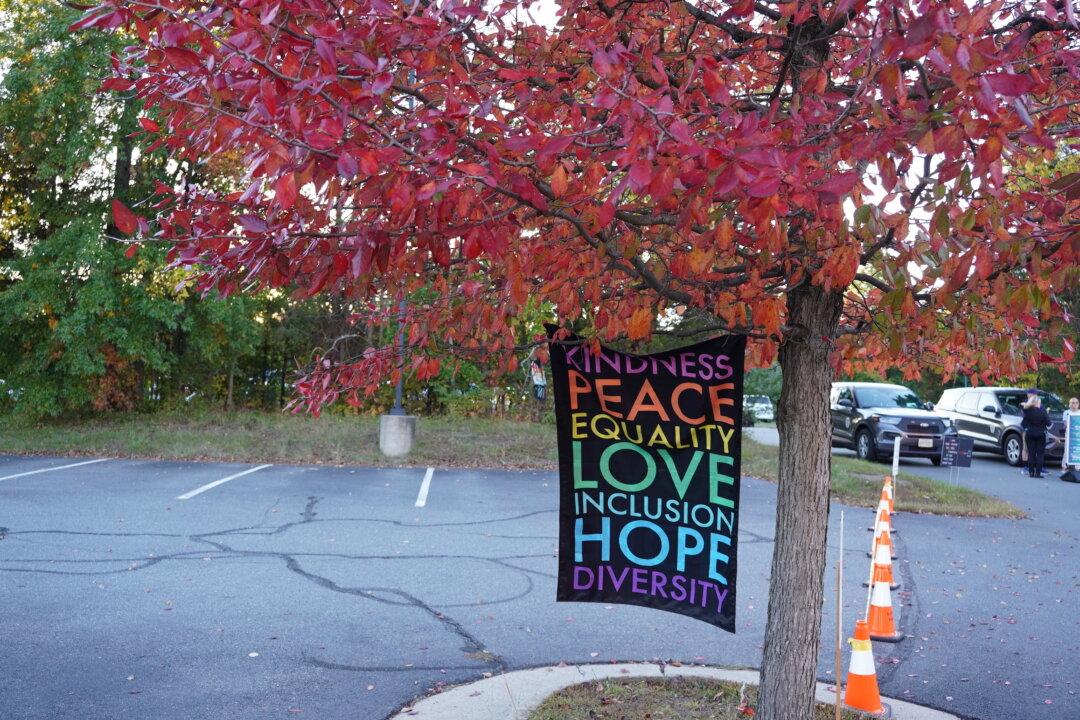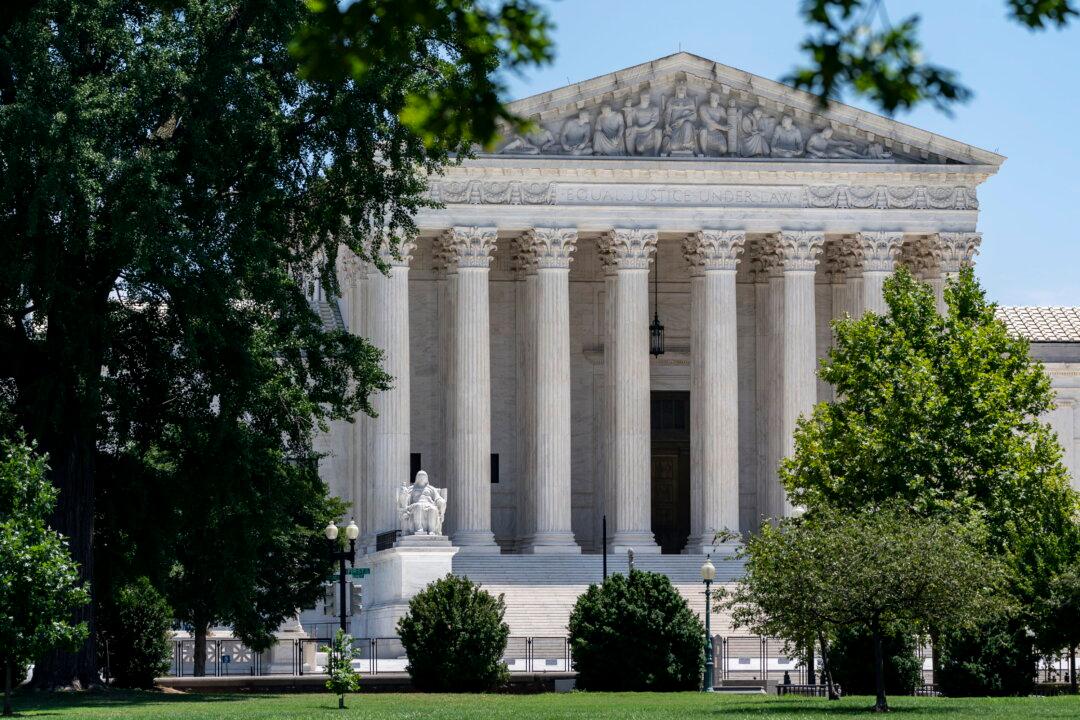Commentary
Many of us are already aware of the decline of U.S. universities. Once, they were the bastions of liberal ideology, the pinnacles of academic achievement that produced the greatest breakthroughs in the world and some of the greatest thinkers of each generation.





